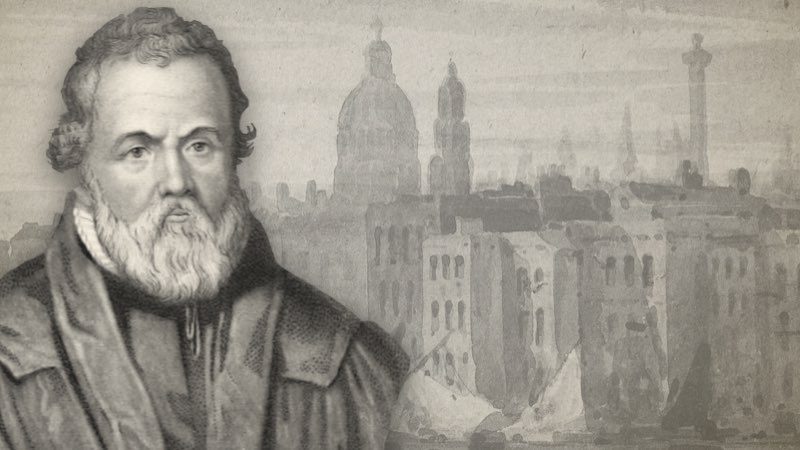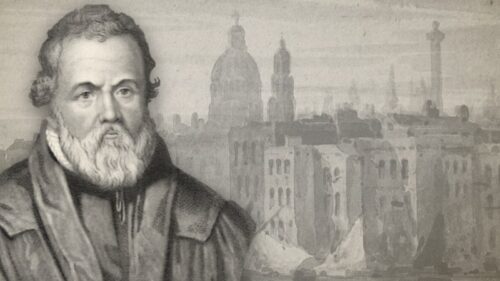John Bradford
John Bradford (1510-1555) was an English Reformer. He served as prebendary of St Paul’s and was the author of several books. Having been accused of crimes against Queen Mary I, he was imprisoned in the Tower of London and burned at the stake in 1555.
John Bradford on the Law and the Gospel (Complete)
-
The Life And Martyrdom Of John Bradford
“By the grace of God I am what I am." These words were penned by one who had fully learned their meaning. This was no mere theoretical statement on the part of the Apostle, but a free and frank confession, based upon a deep and tried experience, that he was a debtor to the free and sovereign grace of God. Once he was a persecutor of the followers of Jesus of Nazareth, incessantly occupied in haling men and women to prison; and, when he penned these words, the Apostle was thoroughly satisfied that, but for the grace of God, he would have continued this bloodthirsty career unto the day of his death. But he was mercifully arrested as he was on an errand of persecution.…
-
The Life And Ministry Of John Bradford
Rev. John Bradford was born at Manchester, in Lancashire; he was a good Latin scholar, and afterward became a servant of Sir John Harrington, knight. He continued several years in an honest and thriving way; but the Lord had elected him to a better function. Hence he departed from his master, quitting the Temple, at London, for the University of Cambridge, to learn, by God’s law, how to further the building of the Lord’s temple. In a few years after, the university gave him the degree of master of arts, and he became a fellow of Pembroke Hall. Martin Bucer first urged him to preach, and when he modestly doubted his ability, Bucer was wont to reply, “If thou hast not fine wheat bread, yet…
-
The Law and the Gospel
A Comparison Between The Old Man And The New, Also Between The Law And The Gospel, Containing A Short Sum Of All The Divinity Necessary For A Christian Conscience. By John Bradford (1510–1555)[1]A man that is regenerate, consisteth of two men (as a man may say), namely of “the old man,” and of “the new man.” “The old man” is like to a mighty giant, such a one as was Goliath; for his brith is now perfect. But “the new man” is like unto a little child, such a one as was David; for his birth is not perfect until the day of his general resurrection. "The old man" therefore is more stronger, lusty, and stirring than is "the new man," because the birth of…


